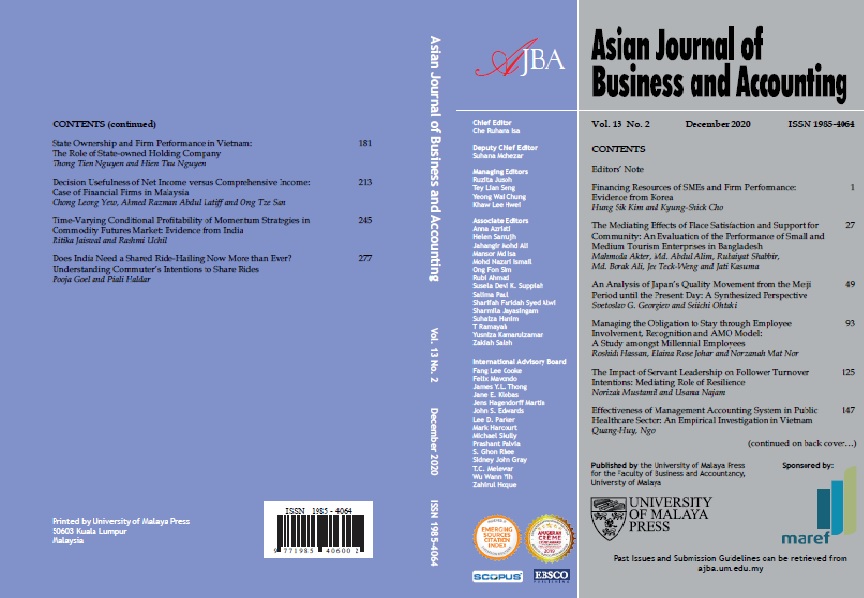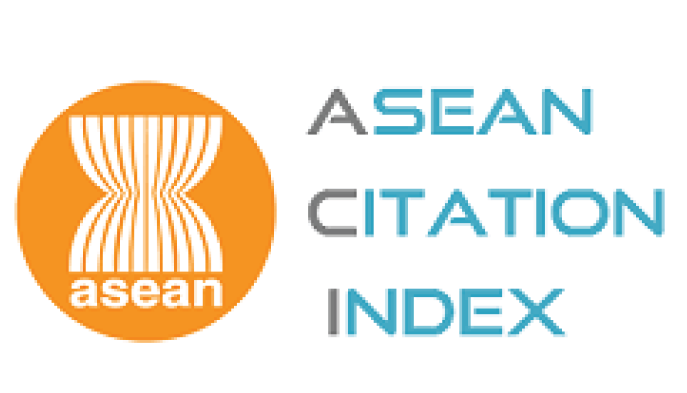An Analysis of Japan’s Quality Movement from the Meiji Period until the Present Day: A Synthesized Perspective
DOI:
https://doi.org/10.22452/ajba.vol13no2.3Keywords:
Quality; Quality Management; Quality Movement; Economic Growth; JapanAbstract
Manuscript type: Research paper
Research aims: This paper has a tri-fold purpose. First, we seek to establish whether Japan’s focus on quality manufacturing was a conscious choice. Second, we attempt to analyse the impact of the external environment on the success/failure of quality upgrading. Third, we investigate whether Japanese businesses, regardless of the shifts in the competitive environment in the last two decades, continue to explore quality management as a strategic weapon for competitiveness.
Design/Methodology/Approach: The study is based on a systematic literature review using two of the main scientific databases – JSTOR and Emerald. The scientific papers used for this synthesis – over sixty manuscripts in total – have (predominantly) focused on the quality movement in Japan at a national/country level. These are peerreviewed articles published between 1980 and 2018 that go beyond the field of operations/quality management.
Research findings: We show that Japan’s focus on quality upgrading was a conscious choice that sought to elevate the country’s economy.Moreover, we identify a number of external factors (e.g. government support, sound formal institutions) – four, specifically – that, according to our analysis, have been critical to Japan’s success in quality manufacturing. Finally, we show that regardless of the (recent) shifts in the competitive environment, (product) quality improvement continues to take a central part in Japan’s pursuit of global economic dominance.
Theoretical contribution/Originality: We claim that that this is the first comprehensive study of Japan’s quality movement to include scientific data from the Meiji Period until the present day (so far the bulk of the scientific papers have focused on the quality movement in post-war Japan). We also bridge a substantial gap in the QM literature regarding the influence of the external environment (e.g. political factors, social factors) on the success/failure in quality upgrading.
Practitioner/Policy implication: The insights of this paper provide a valuable lesson to policy makers from developing and/or underdeveloped economies in their pursuit of economic growth. The study is also important to manufacturers from developing and/ or underdeveloped countries to understand their own quality management practices in comparison with those in Japan, which have the highest standards of manufacturing quality.
Research limitation/Implication: Our literature search is admittedly not exhaustive as it involves only two of the main scientific databases.








